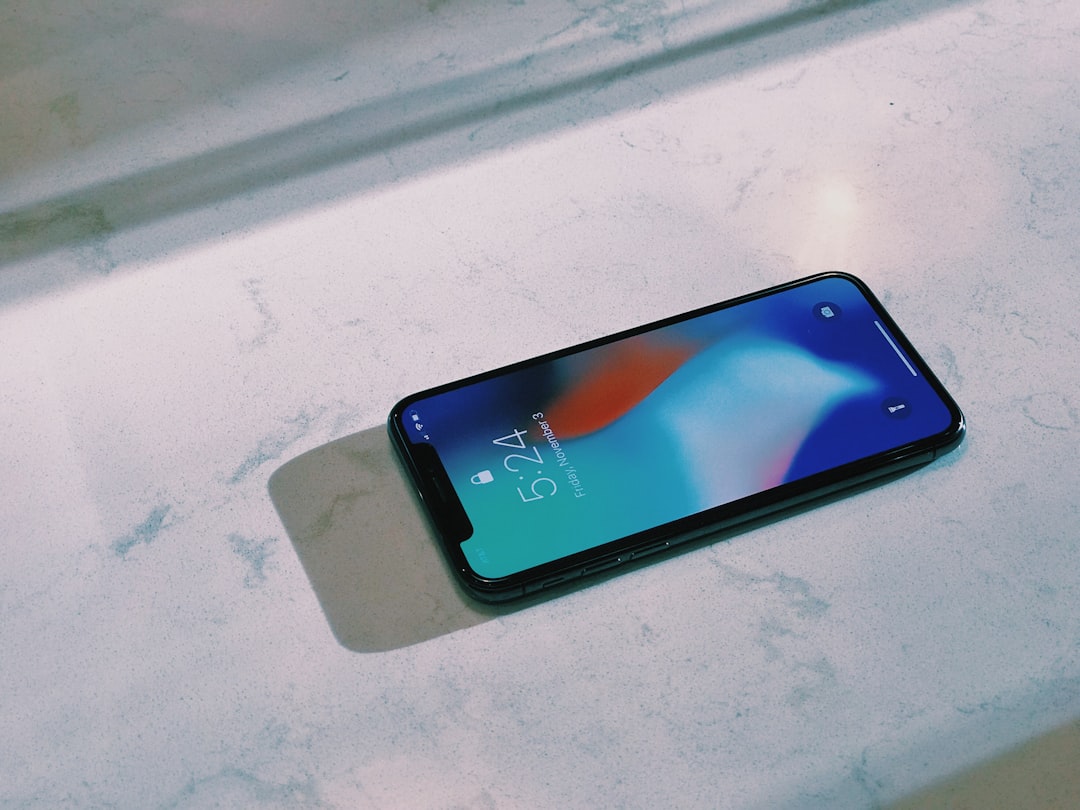In New York City, where technology and privacy concerns collide, robocall lawyers play a pivotal role in protecting consumers from intrusive automated calls. The state's strict regulations mandate explicit consent and clear opt-out options for robocallers. With a surge in robocalls and privacy breaches, developers are integrating security measures like encryption and user-controlled settings into robocall apps to comply with laws like CCPA. Advanced privacy tools, powered by machine learning, offer sophisticated blocking mechanisms to reduce unwanted calls, prioritizing users' data privacy and creating a safer digital environment.
In the digital age, the rise of robocalls has become a ubiquitous—and often intrusive—phenomenon. As phone numbers and personal data are increasingly shared and sold, New Yorkers face heightened privacy risks from unsolicited automated calls. This article explores the legal landscape surrounding robocall practices in New York, delves into growing personal data privacy concerns, and highlights best practices for integrating robust privacy features in robocall apps. We also discuss how advanced user tools can empower individuals to reclaim control over their contact information and mitigate robocall nuisance.
Understanding Robocall Legalities in New York: A Comprehensive Overview

In the vibrant landscape of communication technology, robocalls have become a ubiquitous yet controversial aspect of modern life, especially with the vast amount of personal data they can potentially access and transmit. New York, as a bustling metropolis, has strict laws regarding these automated calls, particularly when it comes to robocall lawyers. Understanding these legalities is crucial for both businesses and individuals alike to ensure compliance and protect privacy rights.
New York State’s regulations on robocalls are designed to safeguard consumers from unsolicited and invasive messaging, especially those related to legal services. The state’s law prohibits automated calls unless the caller has obtained prior express consent from the recipient. This means that a robocall lawyer must have explicit permission from the individual before initiating contact, or face potential legal repercussions. Moreover, these laws emphasize the importance of clear and conspicuous opt-out mechanisms in each communication, empowering recipients to choose whether they wish to receive such calls.
The Rise of Personal Data Privacy Concerns in the Digital Age

In the digital age, the ease and convenience of technology have come at a cost: a growing concern over personal data privacy. With each click, share, or call, users unwittingly contribute to vast databases that collect and sell their information. This has led to an increase in fraudulent activities, including robocalls, where unscrupulous individuals use automated phone systems to bombard consumers with unwanted calls, often containing malicious links or requests for sensitive data. New York, being a bustling metropolis with a robust legal system, has seen a surge in robocall-related lawsuits, highlighting the importance of protecting citizens from such privacy invasions.
Robocall lawyers in New York have become increasingly vital as they help individuals navigate this complex landscape and assert their rights. With each call, users should be mindful of their digital footprint and the potential consequences of sharing personal details. As privacy regulations evolve, staying informed and employing tools like dedicated robocall apps that prioritize user privacy can be a game-changer for individuals looking to regain control over their data in this modern era.
Integrating Privacy Features into Robocall Apps: Best Practices and Innovations

In today’s digital era, integrating privacy features into robocall apps is more crucial than ever. With a significant rise in robocalls, especially those from malicious actors seeking to access personal data, developers must prioritize user privacy. Best practices include implementing robust encryption protocols for all call data, ensuring transparency about what information is collected and how it’s used, and providing users with detailed options to opt-out or delete their data. Innovations such as AI-driven call screening and personalized privacy settings can enhance user control over their interactions.
For robocall lawyers in New York, these features are not just desirable but essential. They help build trust with clients who are increasingly concerned about data breaches and identity theft. Advanced privacy measures not only comply with stringent data protection regulations like the CCPA but also differentiate reputable robocall services in a crowded market. By integrating these best practices and innovations, developers can create apps that offer both effective communication tools and robust safeguards for personal data.
Empowering Users: How Advanced Privacy Tools Can Combat Robocalls

In today’s digital age, where personal data is a valuable commodity, users are increasingly concerned about their privacy. Robocalls, or automated phone calls from unknown sources, have become a persistent nuisance, often masking malicious intent behind seemingly legitimate business offers. However, advanced privacy tools offer a promising solution for robocall lawyers in New York and beyond. These tools empower users by providing sophisticated filtering and blocking mechanisms that can effectively combat unsolicited and potentially harmful calls.
With the help of machine learning algorithms, these apps analyze call patterns and identify red flags, allowing users to take proactive measures. By implementing personal data privacy features, individuals can not only reduce the frequency of robocalls but also safeguard their sensitive information from prying eyes. This shift in power dynamics ensures that consumers have greater control over their communication channels and personal data, fostering a safer and more secure digital environment.






